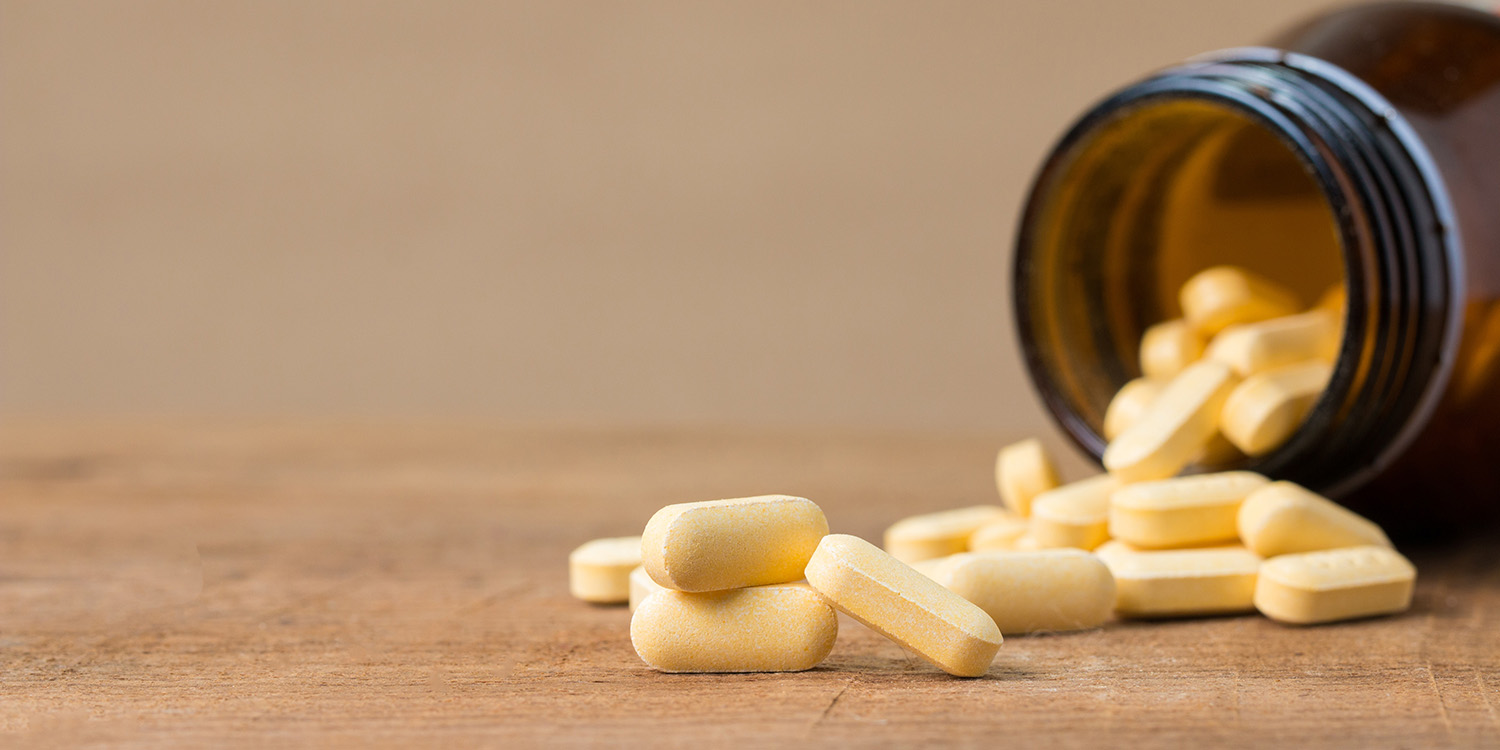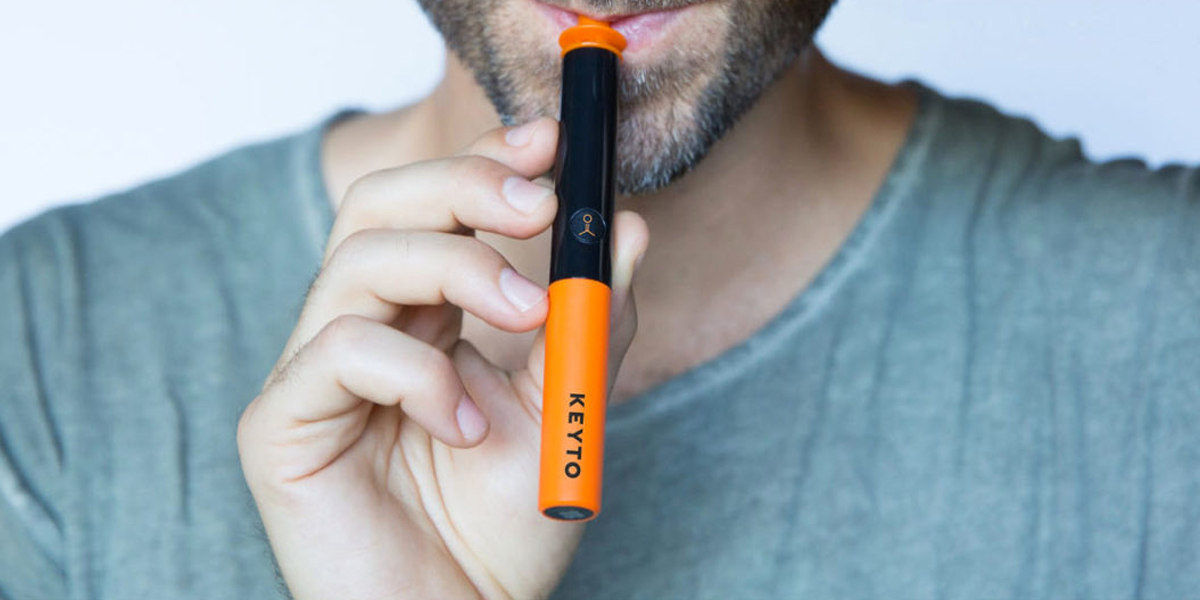Reviewed for accuracy by: Dr. Ethan J. Weiss on 11/15/2019
Table of Contents
What is the keto flu?
The Keto Flu is a constellation of symptoms commonly experienced during the first week or two upon starting the ketogenic diet. As the name suggests, many people think they are developing a cold or the flu, but in reality, keto flu symptoms occur during the adaptation period when your body switches from using carbs to fats for fuel.
What are some symptoms of the ketosis (keto) flu?
Keto flu symptoms can be very different from person to person. Some people experience minimal symptoms while others feel quite poor during this adaptation period. For most people these symptoms will resolve themselves in a few days to a few weeks.
Common keto flu symptoms:
- Diarrhea – diarrhea can initially occur during the keto diet as the body is expelling any fat that it’s not using or not able to use
- Constipation – decreased fiber intake and dehydration (caused by temporary diuresis)
- Nausea – higher fat intake can temporarily upset some people’s stomach
- Sore throat – dehydration and dry mucous membranes
- Headache – fluid shifts, dehydration, and minor electrolyte abnormalities can lead to headaches.
- Irritability – your body can perceive this adaptation as a stressor and can trigger mood changes
- Muscle Cramps – caused by dehydration and electrolyte shifts
- “Brain Fog” and Insomnia – your brain also needs to adapt to a new fuel source. A combination of low blood glucose and less efficiency in using ketones can leave you feeling “foggy” and temporarily affect your sleep.
- Sugar cravings – low levels of blood glucose can trigger carb cravings but this will pass!
When does the keto flu start?
The keto flu typically starts during the middle of the first week of carb restriction and, for most, resolves by the end of the second week. As you deplete your body of circulating glucose and carbs stored in muscles and the liver, blood sugar and insulin levels fall to the lower end ranges of normal. During this time, your body is also making changes in how it handles electrolytes, water, and food.
Kidneys aggressively excrete salt and water. Other electrolyte levels are adjusting . Your liver will start producing ketones once you’ve depleted most of the available sugars. The metabolic machinery required to effectively create and utilize ketone bodies is up-regulated.
These are major changes in how your body fuels itself and it can take a week or two to acclimate. It is during this period when your body is in a state of flux that keto flu symptoms typically occur. Once your body has successfully made the transition to effectively utilizing fats for fuel, keto flu symptoms will abate and you’ll start to feel more like yourself, or even better!
Is there anything proven to work for keto flu relief?
There are many remedies that will reduce the severity and duration of keto flu symptoms. Most of them aim to support the adaptation process and optimize the nutrients and electrolytes that your body needs to performs optimally.
- Supplement salt and minerals – Sea salt, bone broth, vitamins. When your kidneys excrete more sodium, electrolytes, and water, replacing them will help relieve keto flu symptoms. Don’t be afraid to salt everything!
- Increase water intake – Your body will excrete more water than before, so make sure to drink throughout the day.
- Up your fats – Since you’re cutting carbs, increase your healthy fat intake to give your body the substrate it needs to make ketones for fuel.
- Get enough sleep – As your body makes this transition to using a different energy source, give your body adequate time to rest and adapt. Most adults need at least 7-8 hours of sleep a day.
- Avoid strenuous activity – Similarly to getting enough sleep and even if you exercised regularly before keto, take it easy in the gym for the first couple of weeks. You may notice a slight dip in performance during the adaptation phase, but just know things will return back to normal.
- Sip on bone broth – Bone broth is an excellent supply of essential vitamins and minerals your body needs to perform optimally. Aim for a cup or two a day.
How to prevent keto flu in the first place:
Staying ahead of keto flu symptoms is the best strategy and basically utilizes the same interventions as treatment for the keto flu. Pay special attention to drink plenty of water, increase your salt intake, get plenty of rest, and increase your healthy fats. Even though you may still experience some symptoms, you’ll likely decrease the number and/or severity of them.
FAQS:
Can the keto diet make you sick?
A well-formulated ketogenic diet high in healthy fats is a safe and effective way of losing weight and improving health. If followed appropriately, you are no more likely to get sick than with any other diet. In fact, the positive changes resulting from nutritional ketosis may actually make you more resilient to infections and colds.
Some critics of the ketogenic diet may tell you it can be dangerous because of something called diabetic ketoacidosis. Ketoacidosis is a very serious condition that rarely, if ever, occurs in non-Type I diabetics because of a safety mechanism inherent to human metabolism. During diabetic ketoacidosis, the lack of insulin fails to shut off ketogenesis leading to levels 10 times higher than those achieved with nutritional ketosis. In people who can make their own insulin (ie non-Type I diabetics), increasing ketone levels actually triggers insulin release leading to cessation of ketone production by the liver.
Can the keto flu come and go?
Depending upon your level of adherence to the ketogenic diet, you may intermittently experience signs and symptoms of the keto flu. There are two potential explanations for this phenomenon: 1.). You may be deficient in electrolytes, minerals, or sufficient fats to keep your body running effectively, or 2.). You are jumping in and out of ketosis by eating too many carbs or protein. When this occurs, you never reach an adapted state and your body is essentially stuck in a pattern of never transitioning fully to synthesizing and utilizing ketones for fuel.
Can the keto flu be dangerous?
While you may not feel great during the keto flu, it is normally not dangerous. It is a normal part of the adaptation process and can be either prevented or treated with interventions discussed above.





